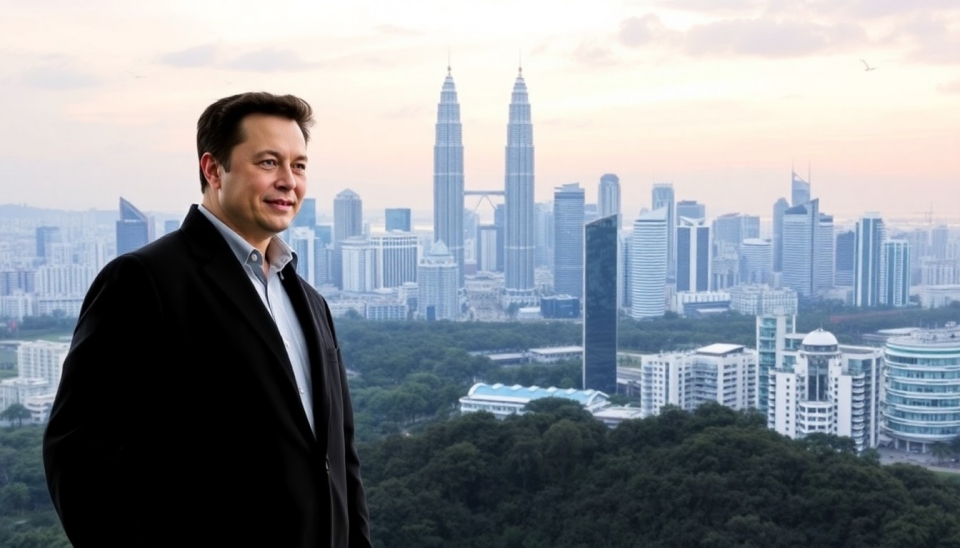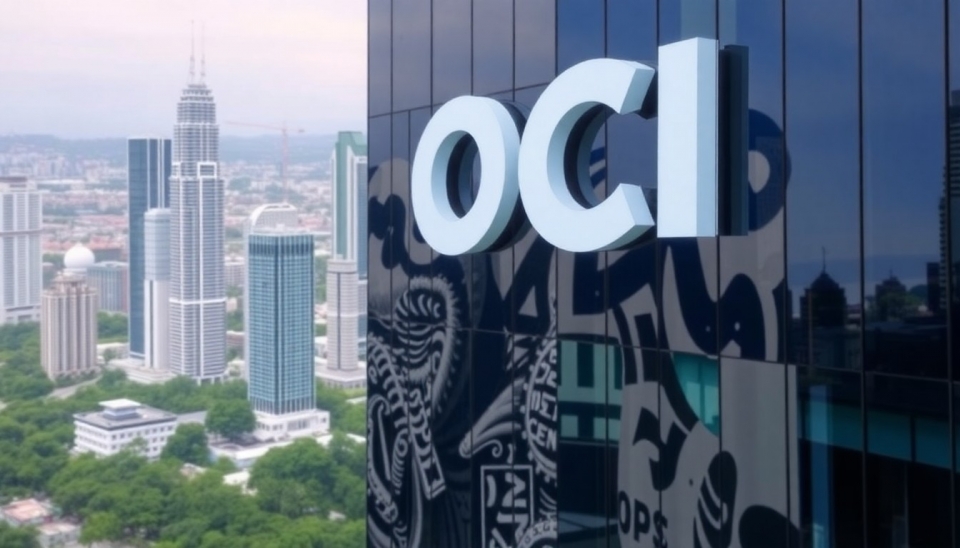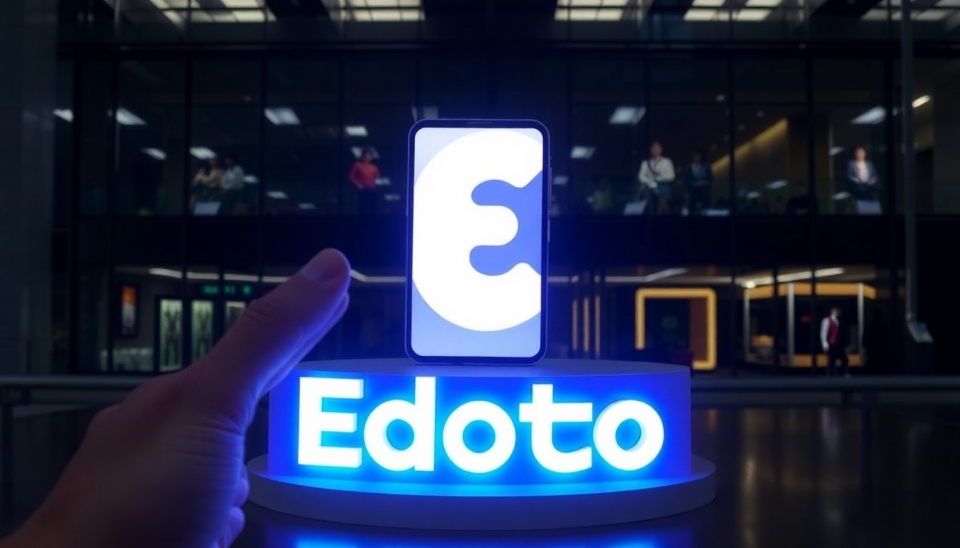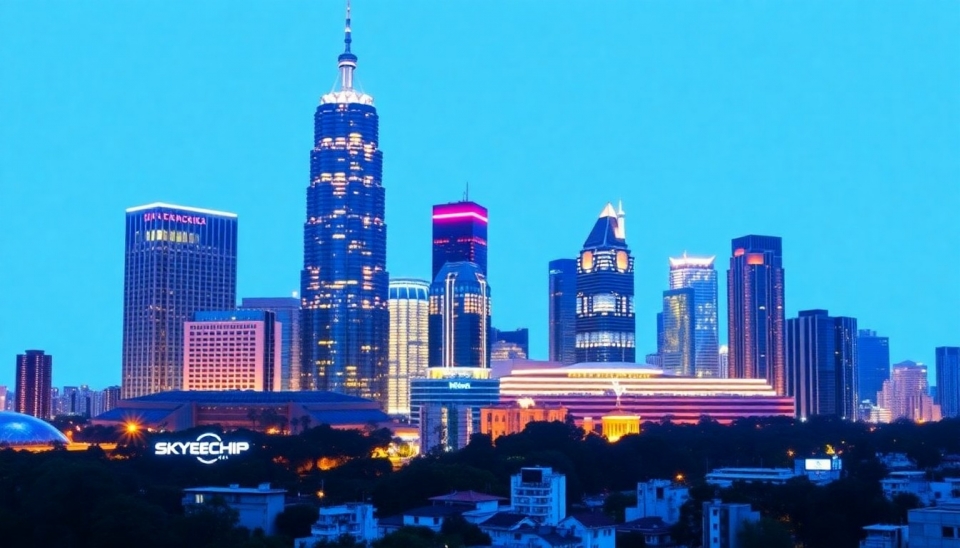
In a recent development affecting the landscape of social media in Malaysia, both Elon Musk's platform X, formerly known as Twitter, and tech giant Google have yet to apply for the country’s new regulatory social media license. The deadline for applications, set by Malaysian authorities, which aims to introduce stricter oversight of online platforms—particularly concerning the spread of misinformation and harmful content—passed without submissions from these prominent entities.
Malaysia’s initiative seeks to impose a licensing regime that would hold social media platforms accountable for the content shared on their services. This move is part of the government’s broader strategy to enhance digital safety and promote responsible content management in an increasingly volatile online environment. The Ministry of Communications and Multimedia has been vocal about enhancing regulations for social media platforms, especially in light of growing concerns over misinformation which could disrupt social harmony.
The absence of applications from Musk’s X and Google raises questions about their commitment to adhere to local laws and regulations. This is particularly significant given the platform's wide reach and influence within Malaysia's digital ecosystem. Observers note that both companies have active user bases in the country, underscoring the potential impact of their decision not to apply for the license.
Government representatives have indicated that there will be consequences for platforms failing to comply with the new rules, including possible fines or enforced restrictions on operations. This could signify a turning point in how international digital companies engage with regulatory frameworks in Southeast Asia, where various governments are moving towards stricter digital governance.
Industry experts are closely monitoring the situation, as the non-compliance by major players could lead to escalated tensions between local regulatory bodies and international tech firms. It also raises broader implications for how rules are established and enforced within the digital space globally. As countries around the world grapple with similar dilemmas concerning content moderation and misinformation, Malaysia’s approach could serve as a case study in balancing oversight with the freedoms typically afforded to tech companies.
As the deadline has come and gone, stakeholders in Malaysia are left to ponder the ramifications of this regulatory gap. The potential fallout could affect not just the platforms themselves, but also the myriad users and businesses that rely on them for communication, commerce, and engagement.
Moving forward, it will be crucial for Musk’s X and Google to re-evaluate their stance in Malaysia, particularly as local sentiments toward content regulation evolve. The ongoing discussion reflects a larger narrative concerning the relationship between technology companies and governments and the need for sustained dialogue to foster digital responsibility.
In the age of information, the balance between innovation and regulation continues to be a pertinent issue, and how entities like Musk’s X and Google navigate this evolving landscape could set precedent for future interactions between social media platforms and national authorities.
As Malaysia aims to forge tighter controls over digital content, it remains to be seen how platforms will respond and what impact these changes will have on freedom of expression within the country.
#Malaysia #SocialMedia #ElonMusk #Google #XPlatform #DigitalRegulation #Misinformation #TechPolicy #SoutheastAsia
Author: Emily Collins




